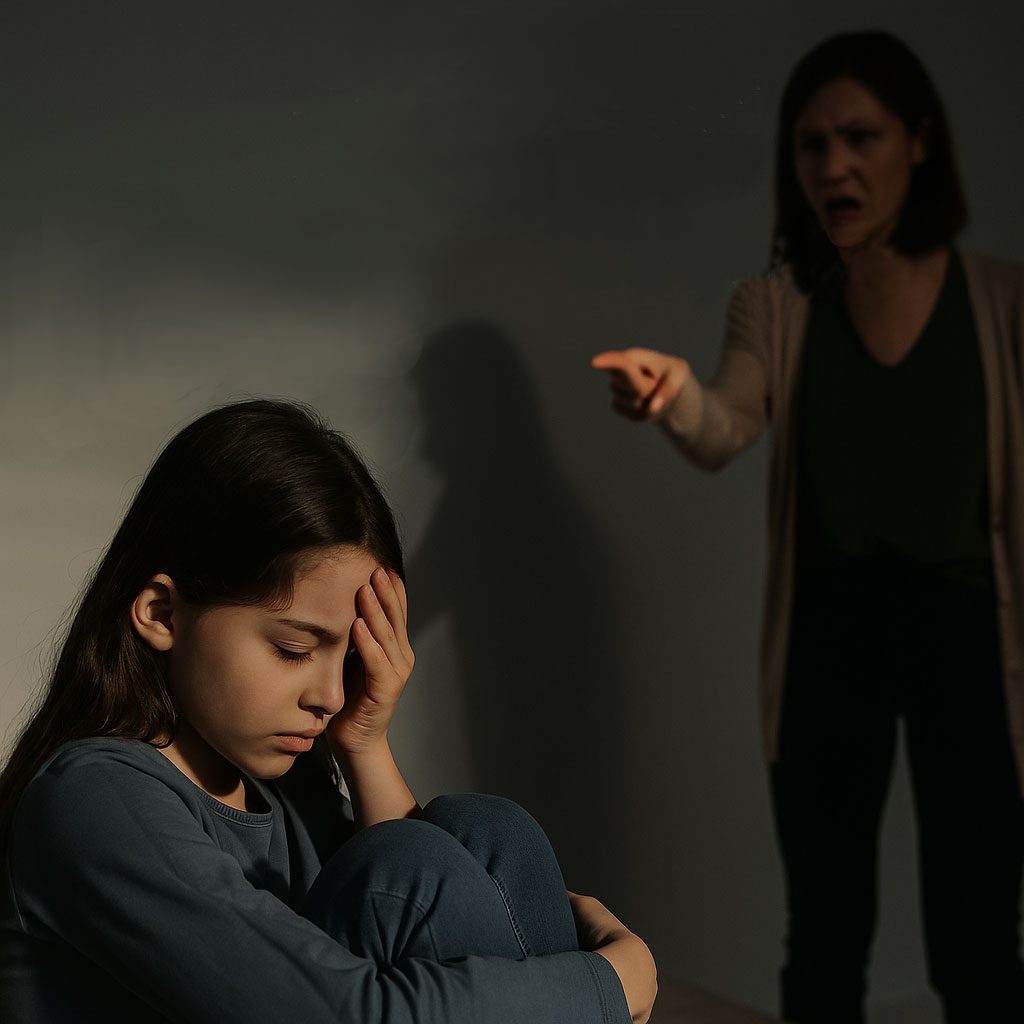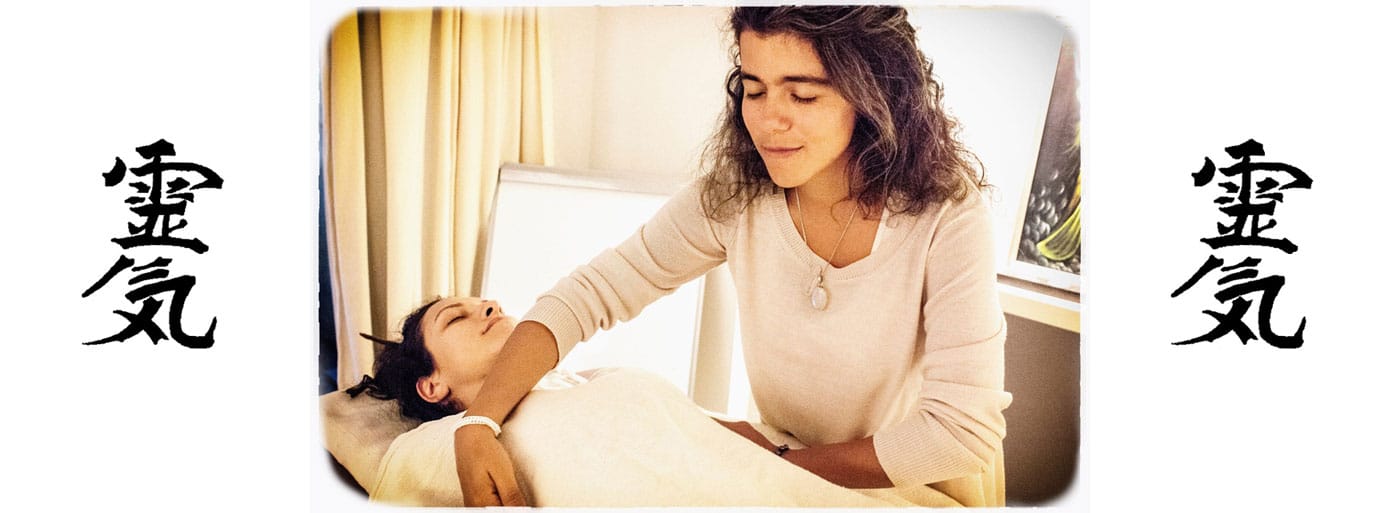
Growing up with an Emotionally Unstable Mother

İçindekiler
ToggleSilent Storms in a Child’s World – Childhood Trauma
Growing up with an emotionally unstable mother is a reality that is difficult for outsiders to comprehend. This experience is often lived in silence—childhood shaped by storms that others neither see nor hear but echo within us. Love and fear, trust and uncertainty walk side by side in the same house, leaving behind a deep childhood trauma.
From my earliest memories, I always felt like an extra in this world. It was as if I was constantly hurting my mother. I was a mistake, while my mother—a beautiful, pure, good person—had suffered deeply in life and still tolerated me. I worshipped my mother, because for a child, a mother is like a god.
I was 9 years old. My mother couldn’t remarry because of me. The man she loved said he didn’t want to marry her because she had a child. That day, my mother wanted to drive the car into the sea and commit suicide, but then she thought of me and changed her mind. “You’re my best friend, you listen to all my problems,” she said. I was happy to hear that. At least I had a purpose, a value: listening to my mother’s problems, trying to fix them and make her happy!
Not long after, one day when my mother told me how lonely she was and I replied, “You’re not alone, mommy, I’m here,” my joy was shattered by her response: “What’s the difference between being alone and being with you?” I felt utterly helpless and overwhelmed by the belief of worthlessness. Her life was in danger and I wanted to save her. (Related article: Mother Wound)
The Burden of Childhood: Growing Up Too Soon
Taking on emotional responsibility as a child means carrying burdens that would be heavy even for an adult. Sometimes I became my mother’s mother, sometimes her emotional supporter. Worrying if she was okay while I went to school, sleeping in a state of alertness… These were not just memories, but imprints in my nervous system. A constantly alert nervous system was necessary to sense what others needed, to try to make them feel good, and to soothe their nerves.
For me, childhood meant watching my mother’s facial expressions, thinking twice before speaking, and always being on guard. I grew up with the fear of when a storm would follow each happy moment. My eyes were always on my mother’s mood—was her smile real, or just the calm before the storm?
I always had to be strong, always ready to help. As if one day, if my mother became happy, everything would be fixed. I hadn’t truly existed yet—I wasn’t really there. My desires aligned with hers. I had reached puberty. I started to imitate her. I wanted a boyfriend at a very young age, because I had learned from her that happiness came only that way. But most of all, I wanted her to have a boyfriend. Then she would be happy and everything would be okay. Unfortunately, neither of us had relationships that brought us joy during those times. After all, my happiness shouldn’t surpass hers—she wouldn’t allow it.
Motherhood and Emotional Instability: The Invisible Wounds
In society, motherhood is always equated with compassion and patience. But not every mother fits that mold. Emotional disorders, especially if undiagnosed or untreated, can deeply affect both the mother’s and the child’s life.
My mother’s ever-changing moods and outbursts of anger were far from this ideal image. At times she was overly cheerful, energetic, and full of love; at others, angry and accusatory. I was tossed around, unsure of what to hold on to. My childhood was shaped not by a sense of safety, but by emotional instability.
In the picture of my childhood, sometimes there was a face smiling too much to make everyone happy, and sometimes a child who couldn’t bear her pain and escaped into a trance-like fantasy world.
Unspoken Stories: Shame and Guilt
Why was my mother so loving one day and screaming the next, blaming me for things I hadn’t done? Why didn’t she see me as I was, but treated me like someone else entirely? I lived for years without answers to these questions. My sense of reality was completely shaken. I thought I was crazy, that something was wrong with me. Learning to know and love myself was very hard.
She was also very cruel to my friends, always embarrassing me in front of them. I began to withdraw into myself. I started feeling guilty, which later rooted itself as a belief of worthlessness. “Was I the problem? Would everything have been different if I’d been a better child?” I blamed myself. There were even moments when I wished I had never existed. I started hurting myself, cutting my arms. As if physical pain could suppress the pain I felt inside.
Now I know: no child should carry the burden of healing their mother. The right to life, to be born, is a sacred and blameless gift—greater than anything else.
Signs of Childhood Trauma
- The child may suppress true emotions and behave “maturely”
- A constant state of alert and prioritizing others’ emotions may develop
- Even quiet, “well-behaved” children may feel deeply anxious and lonely
- Bodily symptoms (like stomach aches or sleep problems) may express the trauma
- The sense of “self” weakens; the child shapes their identity based solely on others’ needs
Seeing Yourself Through Your Mother’s Eyes: Facing the Shadow Identity and Insecurity
When your mother is mentally unstable, the normal flow of life collapses. You can’t be a child. You have toys but can’t play. Dreams, but no opportunity to pursue them. And even when you get the chance, you’re afraid to try.
My mother never supported anything I wanted to do and always criticized me. From my earliest memories, I can recall three things I had asked her for when I was about 9 or 10: a book I liked at a bookstore, a bicycle, and a guitar. Even though her financial situation wasn’t terrible, I remember how she made me beg for these things. She would say things like, “You’re just like your father. You’ll never finish anything.” Now I see these were manipulation tactics to justify her own unwillingness.
It was also the result of her hatred towards my father and regret for having a child with him. In her eyes, I had ruined her life by being born—and so, I didn’t deserve to live happily. Worst of all, she wasn’t aware of the damage this was doing to me. She was lost in her own emotional turmoil. This caused great confusion in me. If someone always treats you badly, it’s easier to accept. But when they treat you kindly one day and cruelly the next, it confuses your mind.
The identity imposed on me—that I was incapable, would always give up, and therefore shouldn’t even try—still pulls me back today with a sense of insecurity every time I try to achieve something. It became a shadow identity I must fight all my life. At first, I saw her love as unconditional, because I didn’t need to succeed to be loved. But when I started wanting something for myself, I realized she didn’t want to allow it. She only loved me as long as I didn’t surpass her or leave her.
Effects of the Shadow Identity
- Difficulty trusting one’s own inner voice; constant need for external approval
- Self-sabotage patterns emerge when approaching success
- Beliefs like “I can’t” or “This is just who I am” are the voice of the shadow
- A tendency to live according to others’ expectations rather than true desires
- One continues to see their value through their mother’s or others’ eyes
Healing Through Reiki: Becoming a Mother to Yourself
To mother yourself means giving yourself now the love, attention, and understanding you lacked as a child.
The main reason I wrote this piece is to bring light to others who have experienced similar pain. Through Reiki healing, meditation, and inner work, I’ve learned that inner child is still waiting to be heard. Hugging her, listening to her, showing her compassion—this is the start of healing.
Saying “I see you” to little Hande each morning became a healing step. Most importantly, I began to hear myself for the first time. I no longer seek love from others—because I have found it within.
The True Face of Spiritual Growth
Even today, I have moments when I struggle, but I’m no longer alone. Becoming a mother to myself and allowing myself to do the things I once longed for is one of the deepest paths of spiritual growth. And I know there is hope for anyone walking this path. Telling your story, accepting your emotions, and approaching yourself with compassion can be the first steps.
We all need to heal our personal traumas. Especially in today’s world, to avoid being affected by the macro-level traumas created by manipulative systems, we must heal our micro-level emotional traumas.
With courage, we can pass through the pain and come out stronger. Based on my own experience and the experiences of my clients, I can say this: those traumas that seem so painful, even unbearable from afar, lose their power and shrink when we face them up close with the right kind of work. And fortunately, we can do this with Reiki!
Feel free to contact me anytime to learn more about my Reiki sessions or
to book a time that suits you best.
These services are not a substitute for medical treatment. For more details, please refer to our Legal Disclaimer page.



